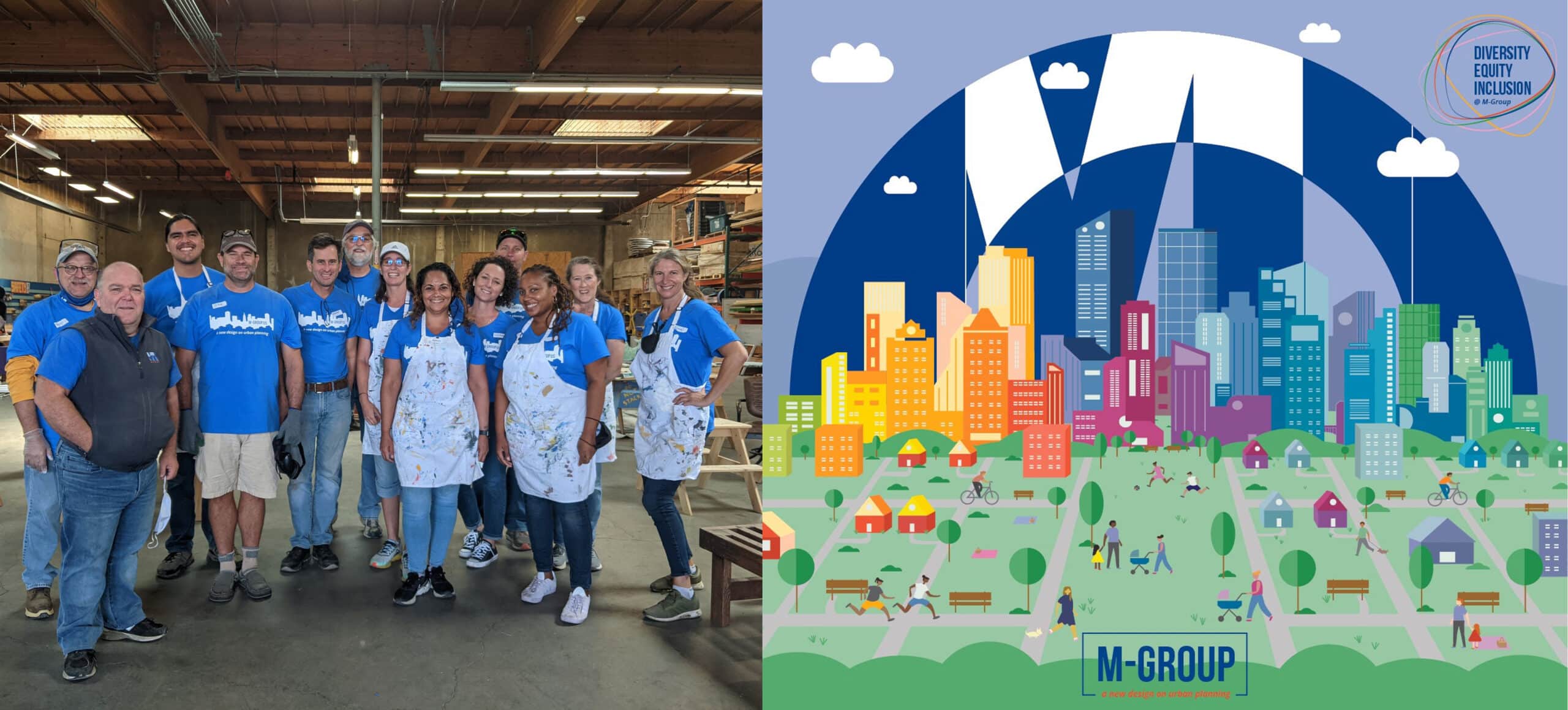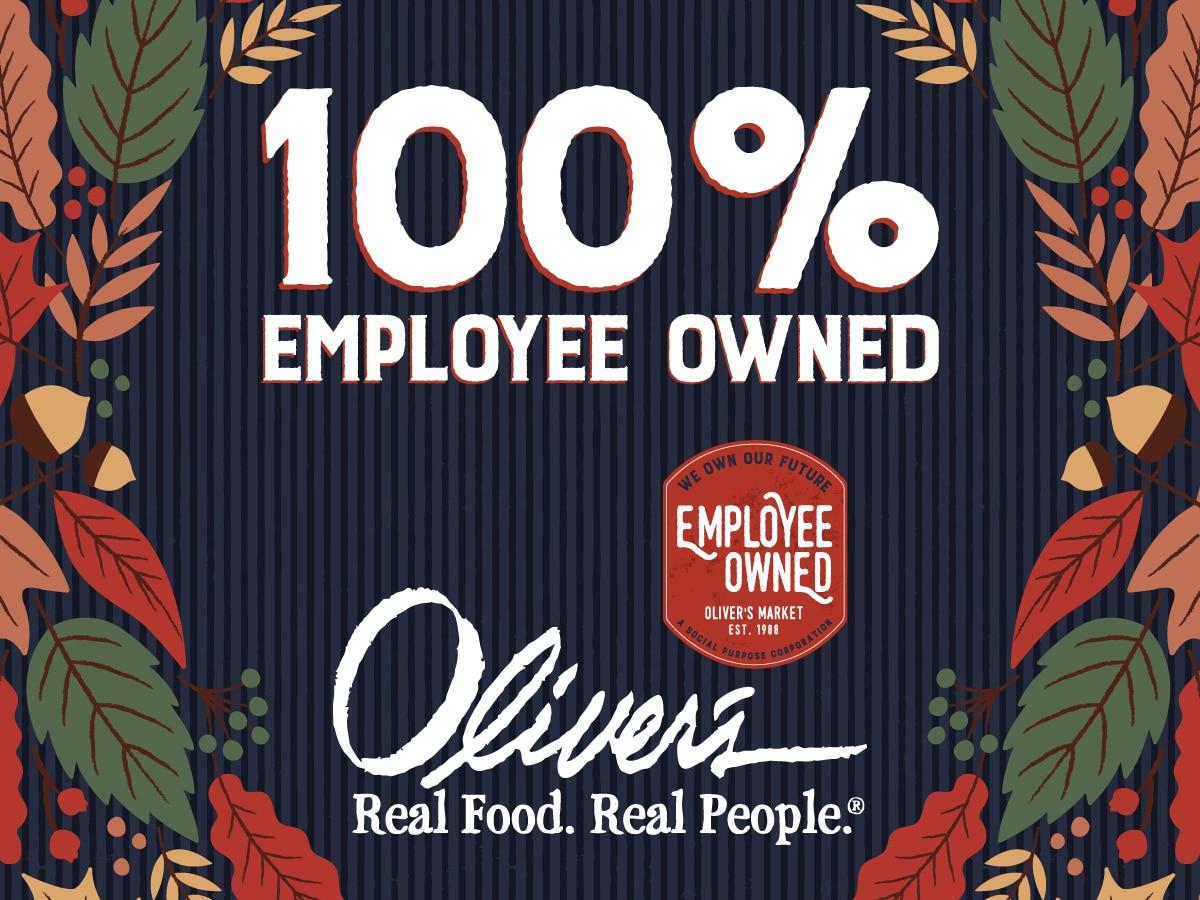Ross Group Inc of Dayton, Ohio announced that the company has formed an Employee Stock Ownership Plan (ESOP) and has joined the growing list of companies whose employees are stockholders. “When the transaction is completed,” said Mr. Mark Ross, President and CEO, “the employees of Ross Group Inc will own just under 25 percent of the Company.”
Mr. Ross said, “We had an immediate need for one of our shareholders to exit, but beyond that, the ownership team wanted to find a long term solution that would provide an exit strategy alternative for the remaining owners as we neared retirement age. It seemed only right to us that the company should be sold to the employees. Without the loyalty, dedication, and hard work of this fine group of individuals, we certainly would not have grown as much as we have.”
“The Plan has two objectives,” Mr. Ross indicated. “First, to create a market for stock held by present owners without a sale to outside interests and, second, to enable employees to share in company ownership.”
“The result of the plan,” he continued, “should be to increase employee incentives and provide them with long-term retirement benefits.”
Mr. Ross hopes the ESOP will enhance the company’s ability to recruit and retain the best and brightest employees and encourage even further employee involvement in areas such as productivity improvement and enhancing customer service.
Ross Group Inc is a software development and information technology services firm. The company’s veterinary management software helps manage about one third of the university teaching hospitals of veterinary medicine in North America. Its membership management software helps manage many of the top motor clubs including many member companies of the American Automobile Association. The company performs IT software services for many customers local to the Dayton, Cincinnati and Atlanta markets and throughout the U.S in a variety of industries. The company’s Government Solutions business unit provides support for the Department of Defense. The company has offices in Dayton, Ohio and Atlanta, Georgia and employment totals about 50 persons.
Basically, an ESOP operates through a trust to which a company sells part or all of its stock. The employees are beneficiaries of a trust. When an employee dies, retires, or terminates employment, his interest in the trust is dissolved, usually by the trust buying his stock. The employee then gets the cash while the trust retains control of the stock.
The ESOP has a big distinction from other employee benefit plans – it can borrow money for the company. When a company borrows through its ESOP, the company pays the ESOP back and is allowed to deduct principal and interest charges rather than just the usual interest deduction.
Mr. Ross said the biggest problem was finding someone to help them set up the ESOP.
They turned to Menke & Associates, Inc., a San Francisco-based firm specializing in Employee Stock Ownership Plans.
Some 12,000 companies have adopted ESOPs since they became legal in 1974, according to John Menke, the ESOP consultant. Most are small – 80 percent have less than 150 employees – and are privately owned, Menke said.
“Most ESOPs start at about the 30 percent ownership level and employees may or may not ever own anywhere close to 100 percent of the company,” Menke said. “This is a great opportunity for Ross Group employees to build additional equity on top of their regular salary and wages,” Menke added.
Click here to read the original Press Release from the Ross Group






